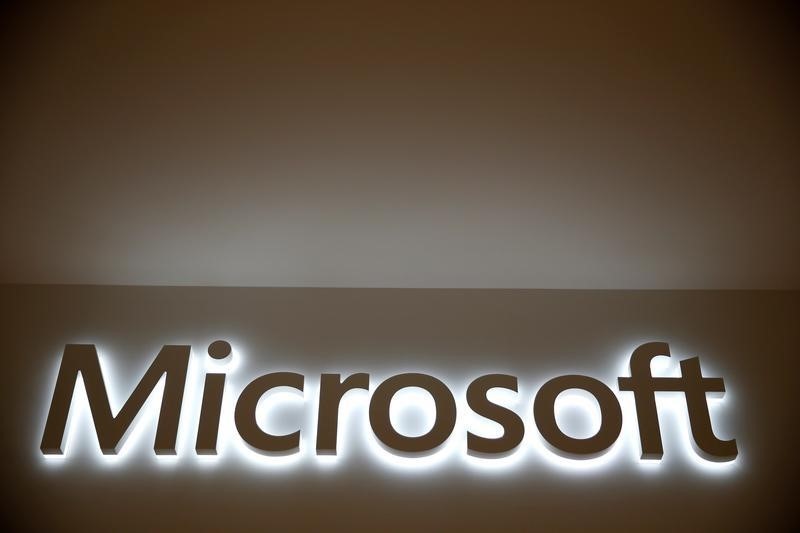OpenAI Considered Changes to ZYG Access for Microsoft
According to reports, OpenAI is in talks to amend the agreement clause that restricts Microsoft's (NASDAQ:MSFT) access to OpenAI's most advanced models when artificial general intelligence (AGI) is developed. AGI is defined as a highly autonomous system that surpasses human performance in most economically valuable tasks. Currently, when OpenAI achieves AGI, Microsoft will lose its access to this technology, and the decision to reach AGI will rest with OpenAI's board of directors.
OpenAI, which is in the process of restructuring to become a public benefit corporation, is considering removing this provision to allow Microsoft to continue investing and gaining access even after AGI is reached. This clause was initially designed to prevent the misuse of such powerful technology for commercial purposes, as AGI was excluded from all commercial and intellectual property licensing agreements on OpenAI’s website.
The potential removal of this clause is significant for Microsoft, which has invested over $13 billion in OpenAI, and it could deter further investment if current conditions persist. OpenAI, valued at $150 billion and led by Sam Altman, is transforming from a nonprofit research lab into a profit-driven entity, and it requires more capital to compete with other tech giants like Google and Amazon in developing advanced AI models.
At a New York Times conference held on Wednesday, Altman discussed unprecedented capital requirements and indicated a shift in OpenAI's approach to AGI and its commercialization.
OpenAI began accepting outside investment for the first time in 2019, with Microsoft's $1 billion investment allocated for licensing pre-AGI technologies to help cover development costs. Investors were advised to view their contributions as donations due to the uncertainty surrounding the role of money in a post-AGI scenario.
However, OpenAI's pivot toward a profit-driven model has drawn criticism, including from early supporter and co-founder Elon Musk, who later founded a competing venture called xAI. Musk filed a lawsuit against OpenAI and Microsoft, accusing Altman of deception and attempting to invalidate their commercial partnership.
As part of the proposed changes, OpenAI will maintain an independent nonprofit organization with a stake in the new public benefit corporation. This organization will have access to research and technology but will focus on OpenAI's original mission of benefiting humanity.
While OpenAI has not provided details on ongoing negotiations, board chair Bret Taylor emphasized the board's commitment to the company's mission and the continued presence and success of the nonprofit organization in any restructuring. Microsoft has not commented on these developments.


